On March 15th, BMW Group announced its annual delivery data for 2022, as well as its product plans for 2023 and beyond.
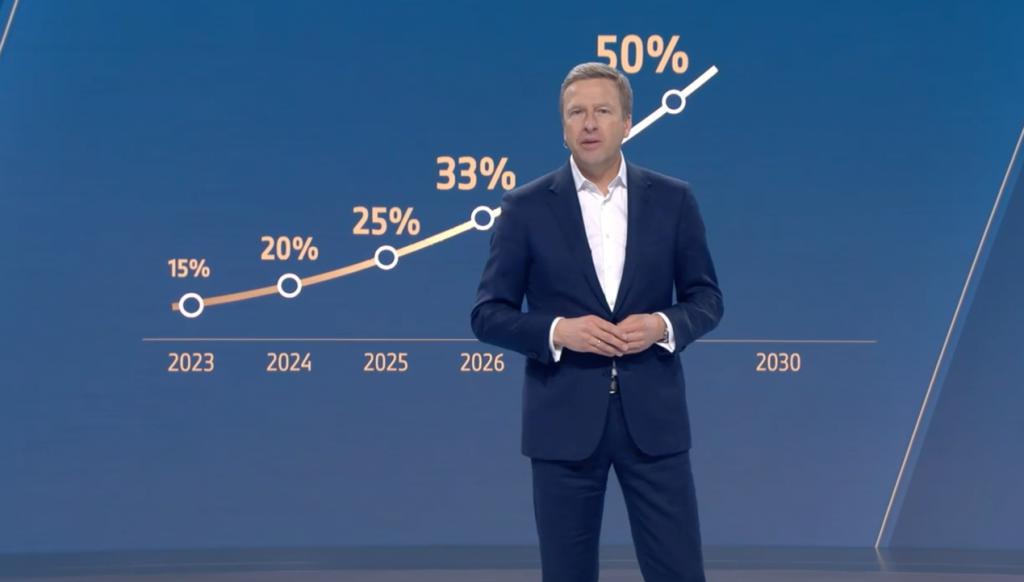
In 2022, the BMW Group delivered over 215,000 pure electric vehicles worldwide, a year-on-year increase of over 100%. In 2023, pure electric vehicles will still be one of the main sources of sales growth.
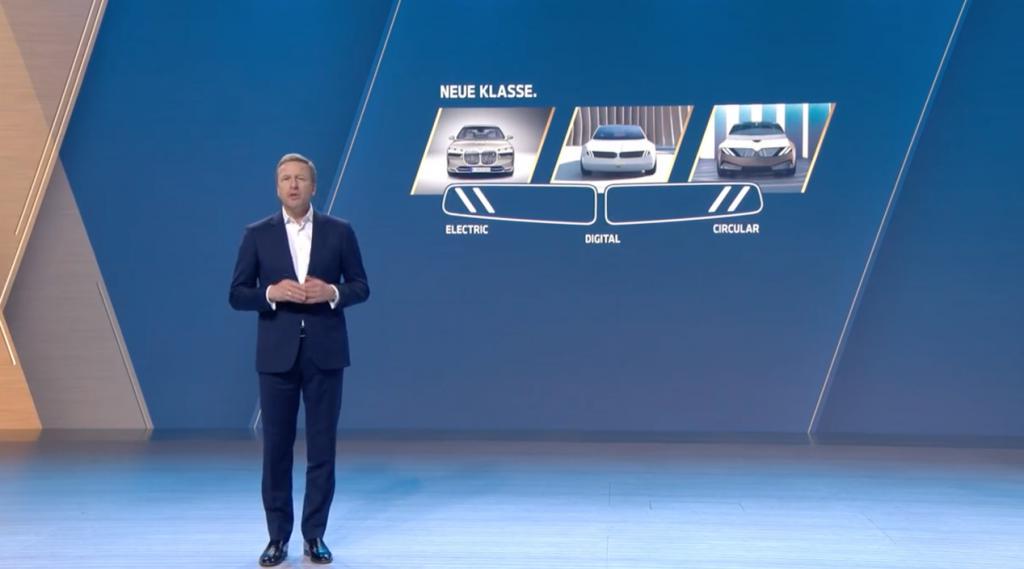
In terms of new products, BMW will launch innovative pure electric vehicles including the BMW i5, the BMW iX2, and the BMW i5 Touring. BMW’s pure electric products will cover almost all major market segments. It is expected that within three years (by 2026), pure electric vehicle sales will account for one-third of the group’s global sales. By 2030, more than 50% of the group’s annual global sales will be pure electric vehicles, with a total delivery of pure electric vehicles expected to exceed 10 million.
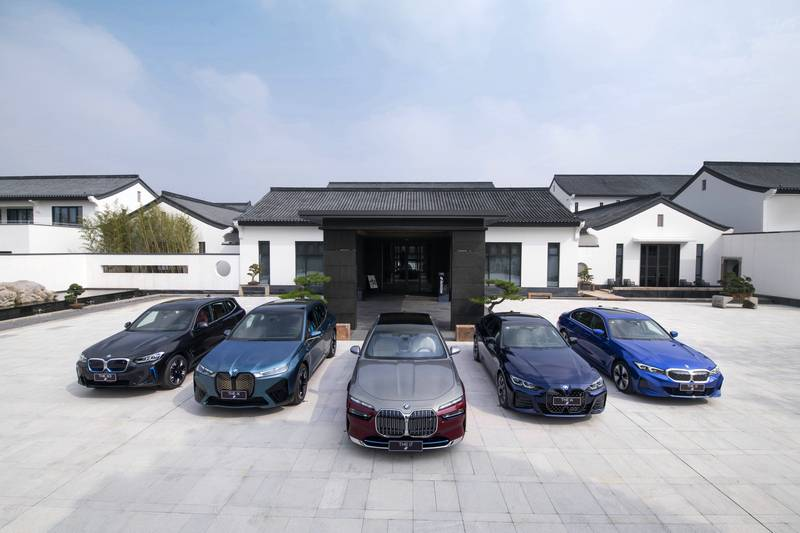
According to the plan, the BMW Group will begin production of its new generation of vehicles in the second half of 2025. Within the following 24 months, at least six new generation car models will enter mass production, including a Sports Activity Vehicle (SAV) and a pure electric sedan in the BMW 3 series market segment.
At the same time, BMW Group’s MINI, Rolls-Royce, and BMW Motorrad urban mobility series are all implementing electrification.
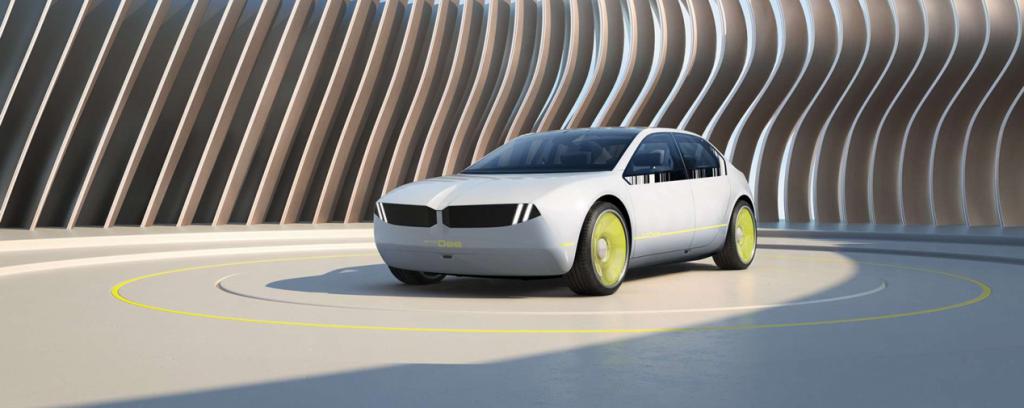
Regarding battery and electric drive technology, the new generation of vehicles will use BMW’s 6th generation eDrive electric drive system and a new generation of lithium-ion battery cells, achieving a 50% overall cost reduction, as well as a 20% energy density improvement, a 30% increase in driving range, and a 30% improvement in charging speed. BMW has already signed multi-billion euro battery supply contracts with companies such as CATL, EVE Energy, and Farasis Energy.“`
On the aspect of digital experience, BMW demonstrated the vision of its new generation models for human-machine interaction through the BMW i Vision Dee, a concept car on emotional digital interaction released earlier this year.
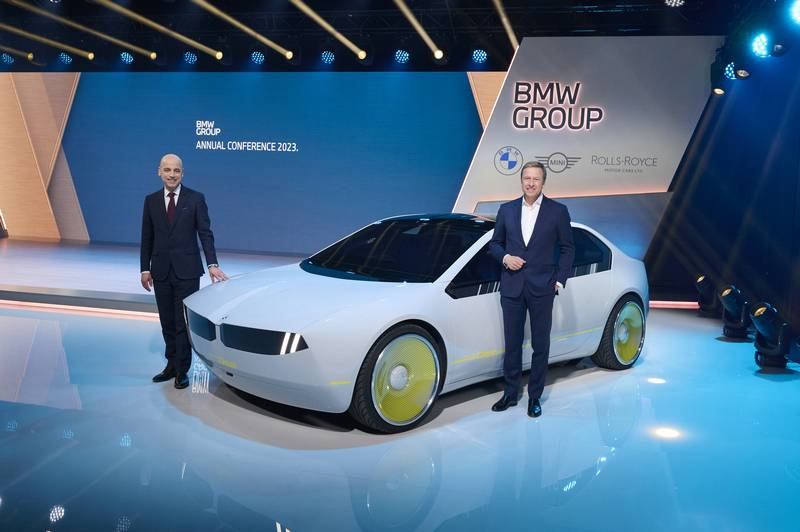
Regarding circular sustainability, BMW unveiled its own imagination and reflection on how cars could achieve circular sustainability in the future through the BMW i Vision Circular. For instance, the concept proposes a 100% reuse of materials and a 100% recyclability of all vehicle components through circular design. Currently, BMW uses recycled and reused materials in the manufacturing of its vehicles accounting for approximately 30%, which is planned to increase to 50% through the principle of “prioritizing the use of recycled materials.”
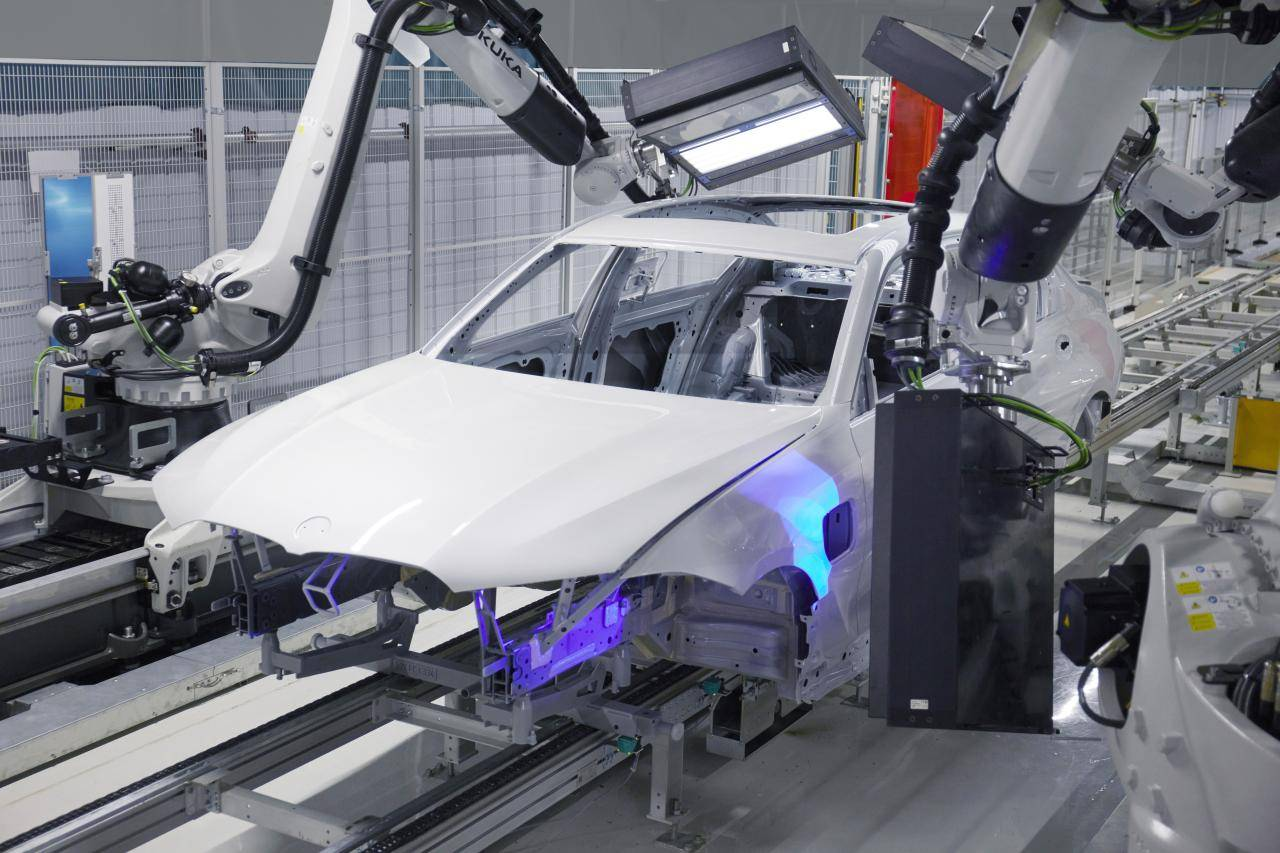
BMW’s new generation models will begin production first in the Debrecen factory in Hungary, which is investing over 2 billion euros. The BMW Group will unveil more details and plans of its new generation models at the German International Auto and Intelligent Transport Exhibition in the second half of this year.
BMW iFACTORY Production Strategy is BMW’s overall plan for future automobile production. At present, BMW’s 30+ factories worldwide are undergoing transformation and upgrades.
“`
This article is a translation by ChatGPT of a Chinese report from 42HOW. If you have any questions about it, please email bd@42how.com.
